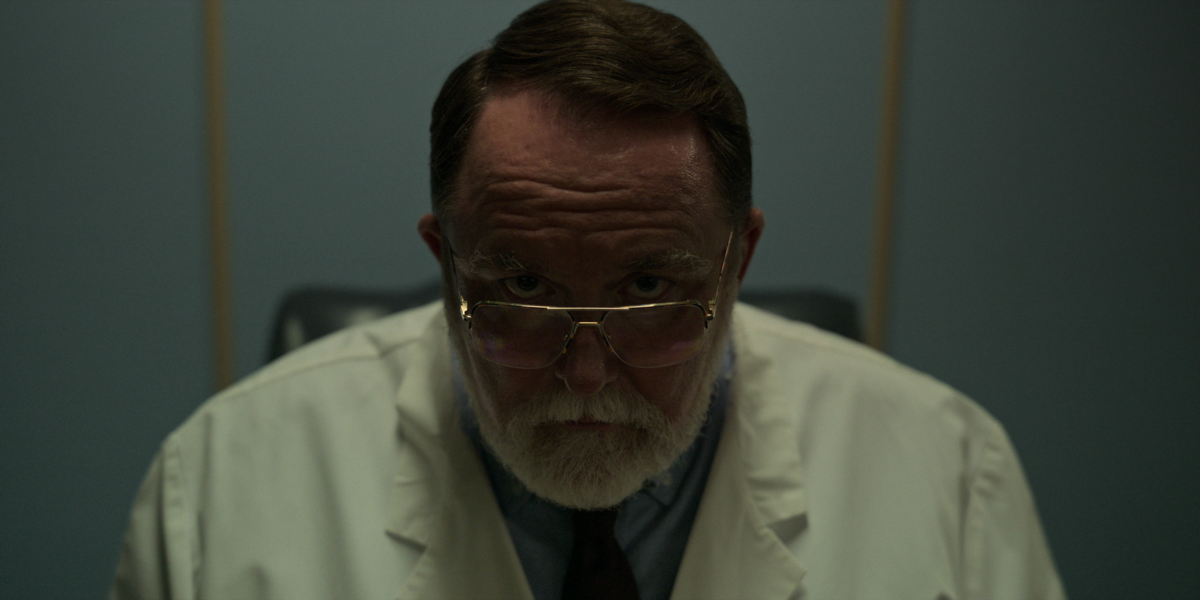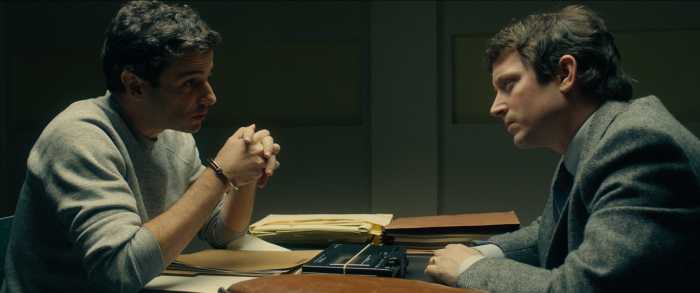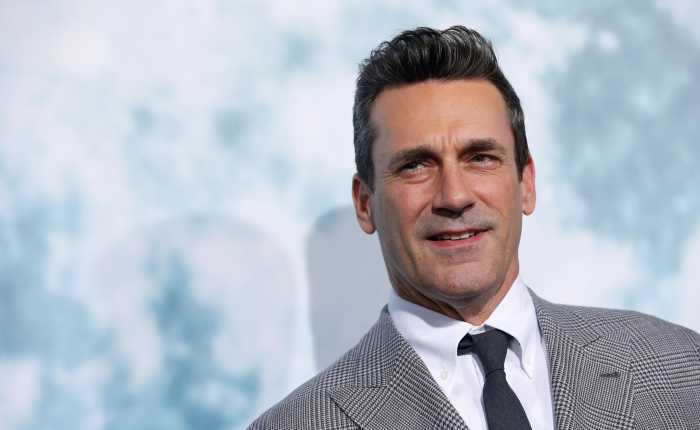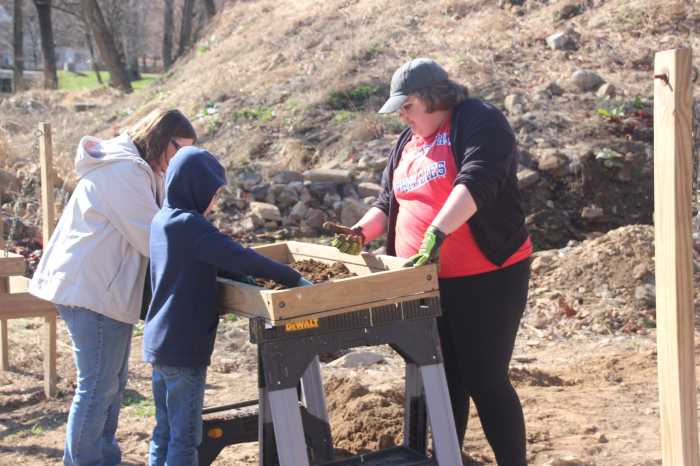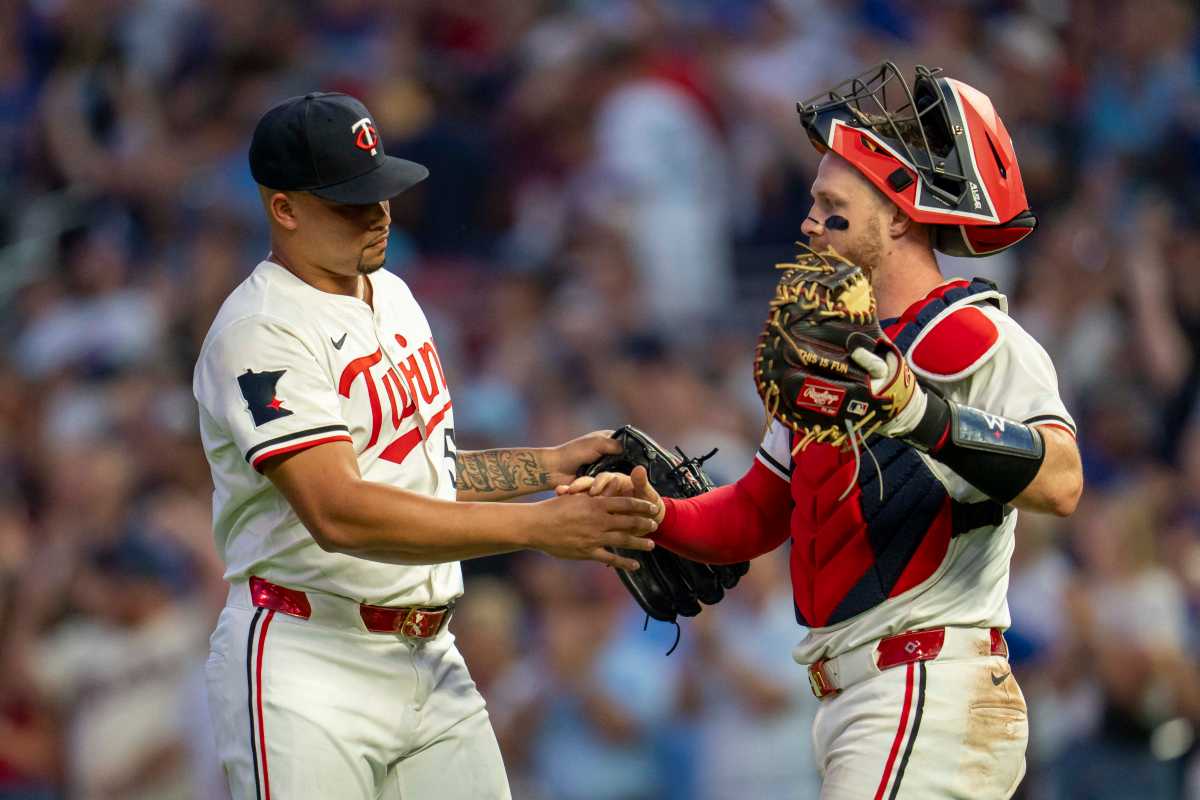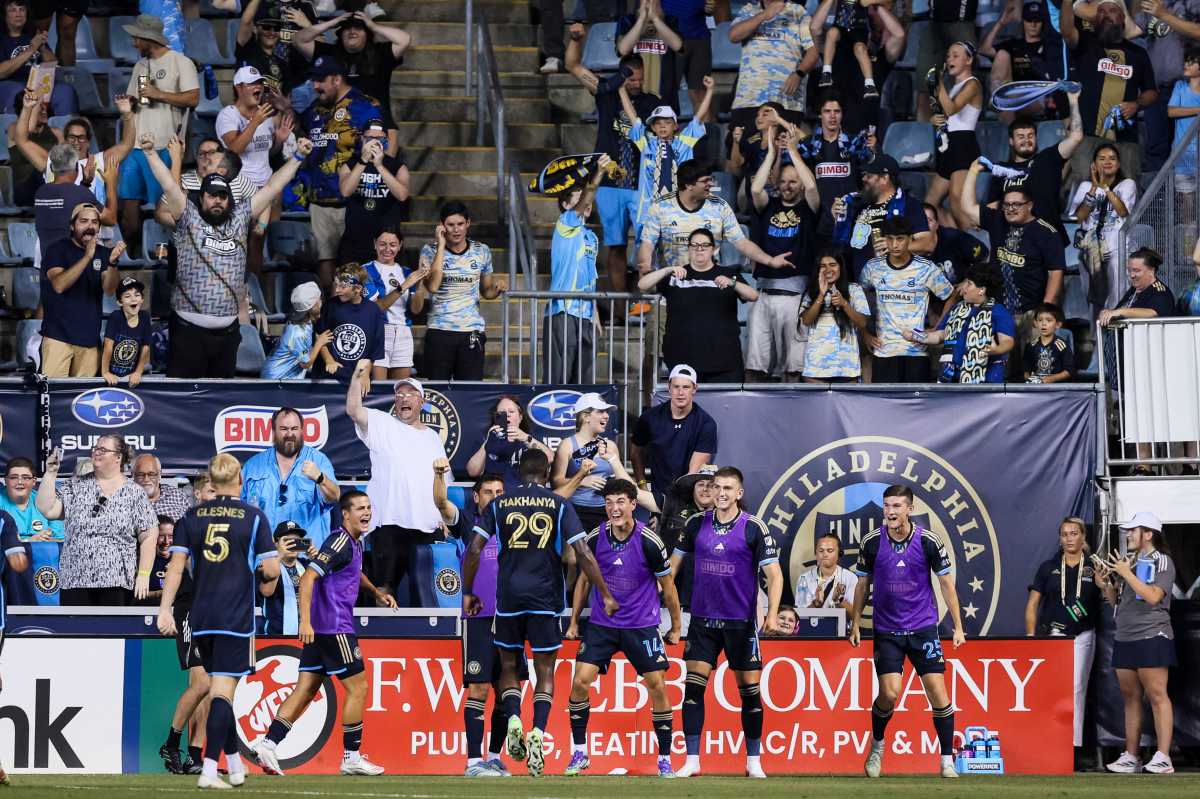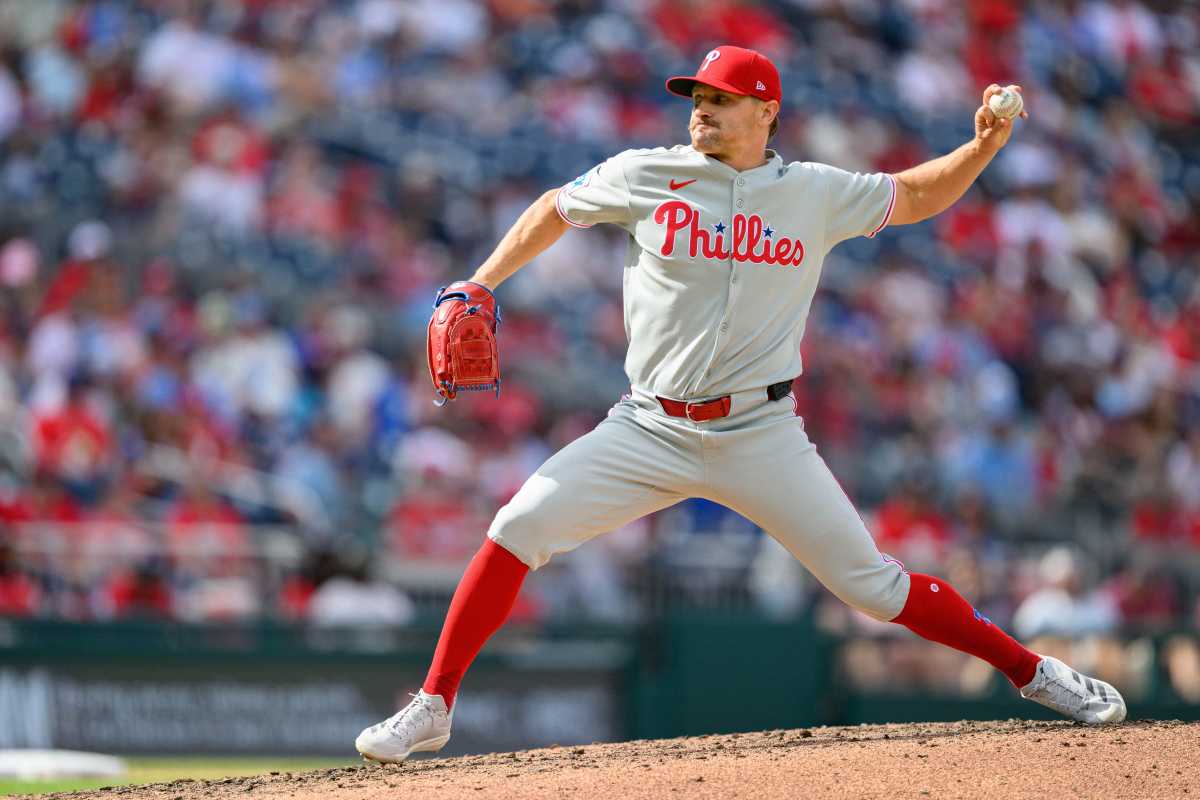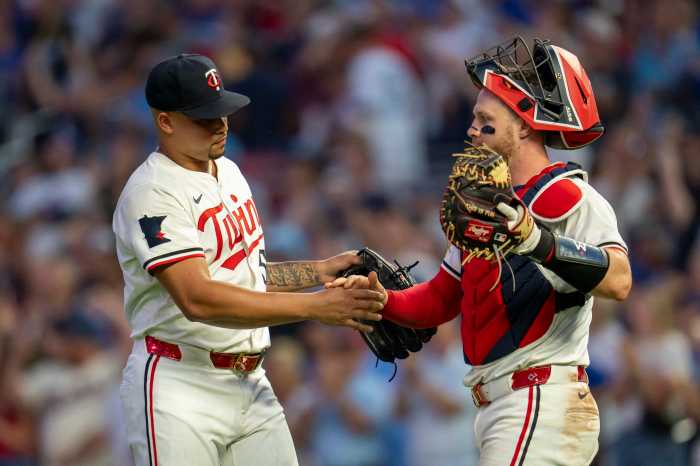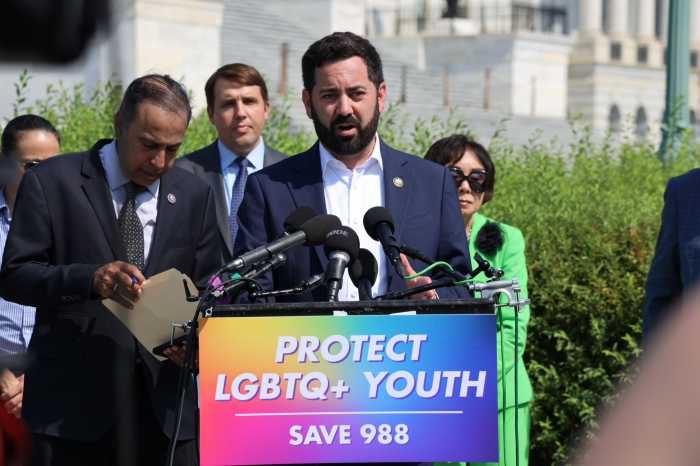Netflix’s latest true-crime documentary, “Our Father,” has already been gaining buzz — and you can see why, when shown the details behind what fertility doctor Donald Cline did 30 years ago in Indiana.
Producing partners Lucie Jourdan and Michael Petrella happened to hear about the story, and immediately contacted Jacoba Ballard, who is Cline’s daughter — but she didn’t find out her paternal history, or about the 90-plus siblings that she has, until she was an adult.
Through 23andMe, Ballard and her sibling’s case ultimately began against Cline, who we now know secretly impregnated at least 94 women (and counting) with his own semen instead of their husbands, or donors. What this documentary explores is the journey these siblings now embark on to discover why and seek justice when talking about consent.
Lucie Jourdan, who also made her directorial debut with the documentary, sat down to discuss more on the shock, disgust and poignant timeliness of “Our Father.”
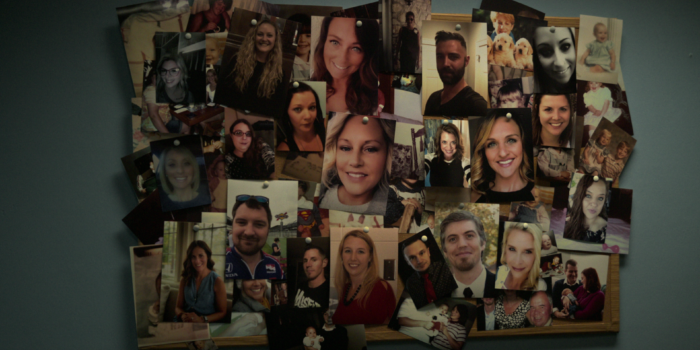
How did you hear about this story, what was it about it that compelled you to investigate more?
My producing partner Michael Petrella and I had just come off the heels of creating a show for TLC about another evil doctor who had done some degenerate deeds. Before that we had done something with a hospital, so this was kind of in our wheelhouse. We sign up for every small town newspaper and get all sorts of articles that come in, and when this one came in, it was the day after Donald Cline had been given the $500 fine and all the siblings had gotten out of court. We saw an interview with them on the local news, called them up, and it was shocking. There were no ramifications for what he had done. [With us] the siblings felt heard, so we wanted to tell their story for them.
Was there something about this story that made you want to make the jump to directing?
It’s funny, I’ve been producing for years and years— and I just had a complete vision of this when I spoke with Jacoba and the siblings. Michael and I had attached them to us, we promised to tell their story from their point of view. To give that to anybody else didn’t feel right, and Netflix and Blumhouse [Productions] agreed… so I ran with it and I was able to do it.
What were those beginning conversations like with Jacoba?
[We were in touch] exactly the day after the trial. We had seen her on the news, and she was so desperate to tell this story and you could see it. So, when we got on the phone, there was this excitement and relief that somebody was listening to her, [but] she was weary at first. We had spoken to some of the other siblings and it was heavy. They were heartbroken and they were scared… How could somebody get away with this and there would be no justice? Jacoba was so authentic and so vulnerable, we said that we could do this for her and we would work with her and this wouldn’t be us telling someone else’s story. We would go hand in hand with her and take her along for the ride and be completely transparent with everyone what we pitched and what we were thinking. And that’s how we got her on board… just being truthful, honest and open, and it was something really refreshing to her given what she had just been through.
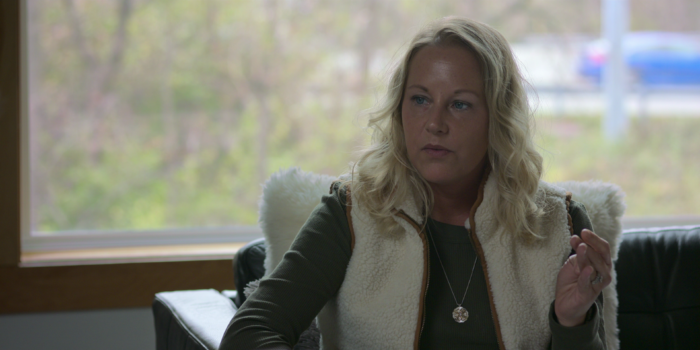
Did you try to talk to all of the known siblings?
Jacoba was kind of our entry point into everyone. They have private discussions as a group, they have a Facebook group that’s just for them. She introduced us to people who were willing to speak — for some, this is such a wild violation that they don’t want to tell that story. Especially when you get into the intricacies of being in a small town and what the implications of that mean. People didn’t want to have their face out there. However, there are pictures of some in the film — they didn’t want to do on-camera interviews, but they wanted to be included. So, they’re on the board at the end and we do see them. It was a fine line, we did not want to do this story unless we had the blessing of a large group of them. We have the voices of the main ones that came forward at first and were willing to be in the media at first, and we spoke to some who didn’t end up making it in the movie. But everyone’s been really along for the ride the whole way, we have a very large email that goes out so people know what’s happening.
A lot of “Our Father” is compiled into interviews, how do you prepare someone to talk about the worst day of their life and traumatic experiences?
It is an emotional venture when you sit in front of someone and you’re asking them to be open and raw… and sometimes you’re a stranger when you sit down with them. I know of myself that I have an ability to hold space for victims, and because I was so aware of the emotionality, there were times that I cut the camera if it was too much, knowing that I would lose precious moments that were really powerful. I didn’t want them to feel violated at all, that was already the premise of this film, they were violated. In order for them to trust me, they needed to know that I was willing to forgo an amazing interview moment just to hold that space, and I think that is something that translated to directing. I’ve done producing for years asking these questions behind the camera, but, I think there’s an added element of being able to control the narrative as a director, where it gave me more comfortability being there for them and protecting them. Because I know what the end result will be and I wouldn’t screw them over at all.
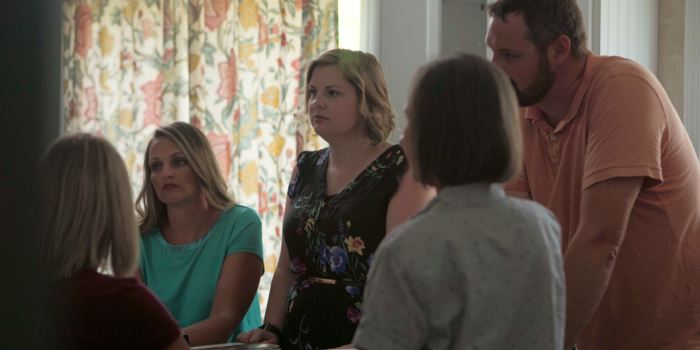
Did you try and reach out to Cline himself?
I absolutely wanted him to talk with us, the siblings wanted him to talk. All they’ve ever wanted was to have their questions answered. He hides behind this “They’re not my children”—this quote the world doesn’t need to know. We tried multiple times and were hung up on multiple times.
Overall, what do you hope audiences take away from “Our Father?”
It’s really interesting with true crime specifically…It feels to me — especially with having produced quite a bit of it — there’s this apathy for victims. Then you learn about the person who did X, Y and Z, and you’re stalked, and then you move on with your life. But, there are real people behind it, and we hold him accountable in this film just by showing proof of what he’s done. My hope is that there is a level of empathy. This story is about consent, right? And I think especially this week specifically, the idea of consent, of autonomy over your own body and decisions over your own body — that needs to be explored. The takeaway is that consent has many different forms and this was a lack of [it]. And to see the human fallout of it is really important. I hope people are more empathetic to the victims of this, because it’s not just Cline’s victims.
“Our Father” drops on Netflix May 11.



